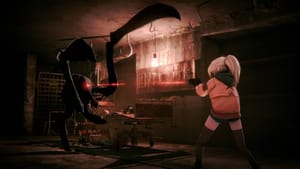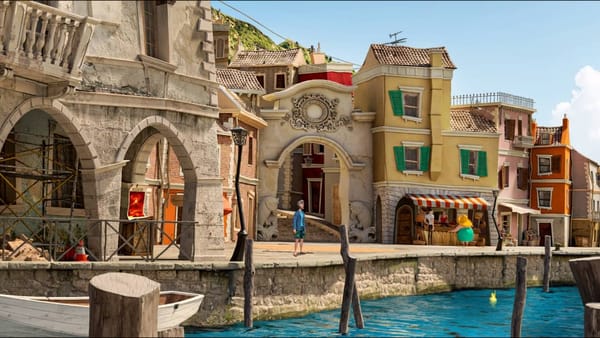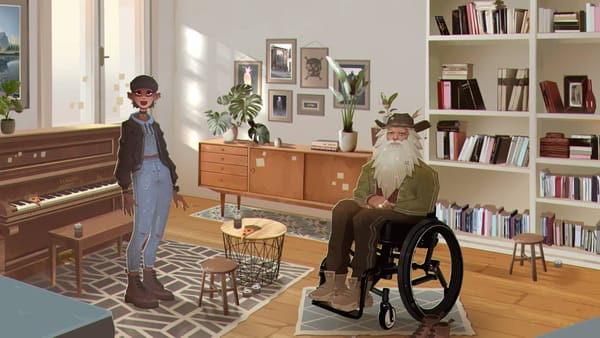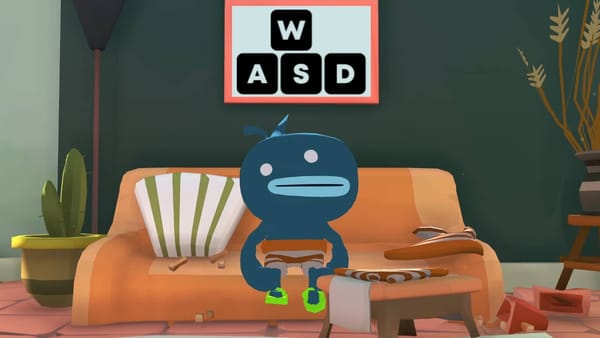Nomad Games, developers of Fury of Dracula, has a collective gaming experience of 250 years. Assuming that the studio isn’t a solo developer with a pasty complexion and has a ‘thing’ about garlic (I’ve seen the credits reel), they’ve focused on bringing tabletop gaming to digital audiences with titles such as Talisman Digital Edition, Cat Lady the Card Game, and Fighting Fantasy.
Fury of Dracula is a board game designed by Stephen Hand and initially launched by Games Workshop in 1987. Since then, the game has undergone a few updates, but fundamentally the same objective of hunting Dracula through 19th century Europe with four hunters, or playing at the titular toothy one and forever casting the continent into chaos.
The digital edition was first released on Steam but is now available on PS4 and Xbox One from the developers and Dovetail Games. You can read the Fury of Dracula review. Feeling a little ambitious, I decided to throw some questions at Nomad Games, hoping some would stick and give a little extra insight into this gothic horror strategy game. Like a review, my questions are personal, but I hope the answers are as interesting for you as they were for me. It may be a feature I’ll continue.
Naturally, I’d like to thank Nomad Games, especially Thomas, for not only taking the time to answer but providing thoughtful answers.
VK: What’s it like being a developer in 2021 compared to when the studio formed ten years ago?
NG: I’ve asked some of our more senior members of Nomad, and they can’t remember (blame old age)! But from what they can remember, it’s actually quite hard to say – the way we do stuff (and what we do now is very different). We went from being a studio of about 60-70 people working on 2 ‘big’ console games to one where it was just two people doing most of the coding (at least to start with). We now have a small team that we’ve worked with a long time, which helps because everyone knows who to go to for help, and we don’t get too bogged down with long approval processes or meetings)
VK: What kind of challenges did you encounter, besides covid, translating this well-revered board game into a digital game?
NG: One of the biggest issues was working out how we were going to make sure a game with secret information would translate to a single screen. Talisman already has some secret information involved, but it’s not as core to the game as it is in Fury of Dracula. So we needed to spend a lot of design time working out exactly at what points we’d ask players to hand over control, and what we could safely show to people at different stages.
VK: How much of an influence was the Steam community when creating these console editions? Were you able to factor in any improvements from the outset, or is there a roadmap of features? Nomad Games has released over 50 pieces of DLC for Talisman Digital Edition in the past decade – are there similar plans for Fury of Dracula (besides adding more house rules)?
NG: The Steam community was a big help, alongside our Discord members. For some of the rules we were unsure of, we deferred to the community for a second opinion to see what they would suggest. People also suggested things such as house rules that are commonly used which meant we could start working on them earlier into development, rather than having to spend time brute-forcing them into the final version. Which was a massive help!
VK: The studio has a passion for tabletop gaming, faithful to the source material. Considering Fury of Dracula was released by Games Workshop in 1987, it’s accumulated a fair fanbase. What were your biggest fears when catering to this audience?
NG: One of the biggest fears was living up to the expectation that Fury of Dracula had built for itself! It’s not been the most heavily printed game over the years, so we were aware that a lot of people had heard praise without necessarily having played the game themselves.
VK: Expanding on the audience, were you confident of winning over newcomers to the game? What do you think sets the game apart from other tabletop titles?
NG: When it came to newcomers, we knew we had two things in our favour: A strong tutorial and a strong theme. We spent a good long while with our design team going through the tutorial to make sure it was as good (if not better) than the official rulebook that comes with the physical game. Of course, having that book means we’ve got a great place to start from! And with a strong theme, we knew it’d be easier to get people on board rather than something more abstract. In Fury of Dracula you have a clear goal that can be easily explained – a lot of games miss that.
VK: Pending the success of Fury of Dracula on consoles and the assumed increase of fans on their respective platforms, would you consider releasing future titles on PC, mobile and console simultaneously?
NG: That’s a difficult one, as each platform has a lot of different things we need to consider when thinking about releasing on there. Each has different lead-up times and different sign-off times too. One platform might need 3 days worth of checks to go through, another might need 5 weeks. So if we set a date for 5 weeks in advance (assuming that all goes well) then we’ll be sitting on a releasable version on another platform for a long time. It’s a tough call to make, but when we can we like to release on different platforms at the same time for the sake of the messaging being clearer.
VK: What’s next for Nomad Games, and if it’s a bit hush hush for a scoop, is there a title you would love to have been a part of, perhaps already in development or released? If you don’t refer to Mouse Trap, then that’s my board game knowledge spent.
NG: The next thing for us is Catan on console! We’ve just put out the official press release on our website, and we’re super excited to take on this household name in the board game space.
VK: And the final question: Who was the best Dracula: Christopher Lee, Bela Lugosi, Gary Oldman or someone else? (Adam Sandler doesn’t count).
NG: And finally, Christopher Lee is an icon for a reason. A lot of other Draculas still do a good job and bring something interesting to the table, but a classic is a classic.










